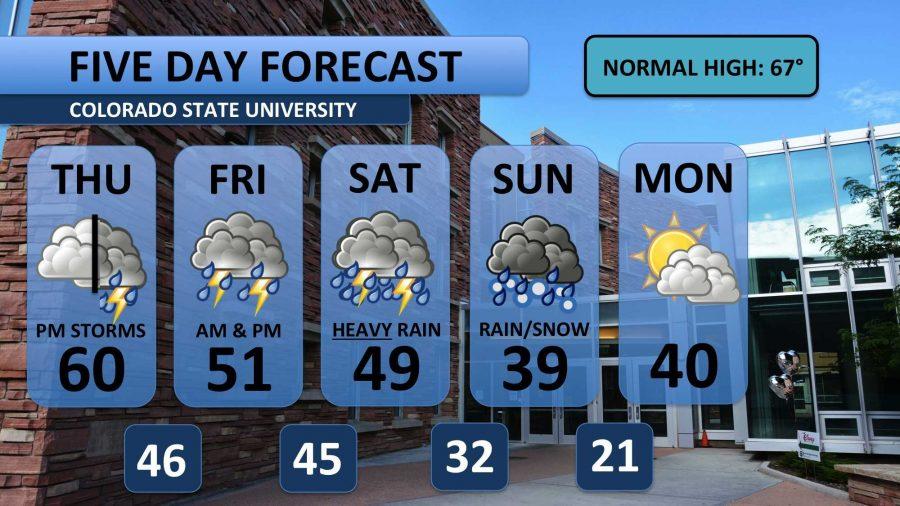
Many Colorado State students nearing graduation face serious decisions about what they are going to do after their degrees are put in glass display cases. Many have no idea what they want to do, or a path to choose that will pay the bills. As far as industries to examine, there is one piece of technology that has the potential to change the way businesses all over the world operate — drones.
Amazon CEO Jeff Bezos presented the idea of “Prime Air” back in December of 2013, which entails using drone technology to delivery packages right to the door of ordering customers. This is sparking a conversation about the civilian application of drones, one which opens a world of possibilities for businesses.
Ad
Professor Brian Fugate, a specialist in supply-chain management, sees Amazon’s presentation as pushing industries to evolve with new technological advancements.
“Amazon has upped the ante for its competitors to be more innovative, even if it’s not drones,” Fugate said. “It’s exciting, and I think its good for business overall, even if it doesn’t work.”
In the field of supply-chain management, one of the major areas of concern is the efficiency of delivery between distribution centers and the customer’s residence.
“We call it the last mile, its one of the most difficult problems we are facing,” Fugate said.
Amazon presented a possible solution to this issue. Drone technology could also provide solutions to a vast array of fields.
For example, sustainability practices are a new priority for businesses like agriculture. Things like water waste and feed delivery could be made more cost-efficient and sustainable.
“Drones potentially can offer less water waste in irrigating massive plots of land, or delivering feed to animals,” Fugate said.
Fugate also discussed how practices like aerial application — using a plane to fertilize fields in bulk — can become more sustainable if a fleet of drones could fertilize rows of crops and only use the amount of fertilizer necessary, cutting down on waste and costs.
Other entities discover more creative uses for the technology. The Aviation Industry Corporation of China is experimenting with drones to chemically freeze pollutants in the air to alleviate the country’s’ vast pollution concerns.
Ad
Even the Department of Journalism and Technical Communication here at CSU possesses a drone, but couldn’t be reached for comment.
There are issues with civilian drone technology. It was only a couple weeks ago that the town of Deer Trail voted down a measure to start selling drone hunting licenses. How would Amazon handle delivering to households who shoot at their electronic couriers? What if a drone malfunctions and falls on a child?
Despite these concerns, there are ways drones could be used safely. When drones do start to emerge, companies will need people to design the aircraft. Companies will need droves of lawyers when government regulators impose inevitable limits on flying. Companies will need marketers to sell people on the idea of drone delivery, and that’s not even addressing the engineers, business logistics and maintenance personnel needed for such an operation.
The point is, new technologies like drones offer a whole new world of job opportunities for motivated students who want to push the boundaries of what is possible. If the next 20 years are highlighted by the emergence of the drone industry, then students should probably be paying attention. It’s something to think about as you wonder about the next step of your life.
Collegian Editor at Large Zack Burley can be reached at community@collegian.com.













